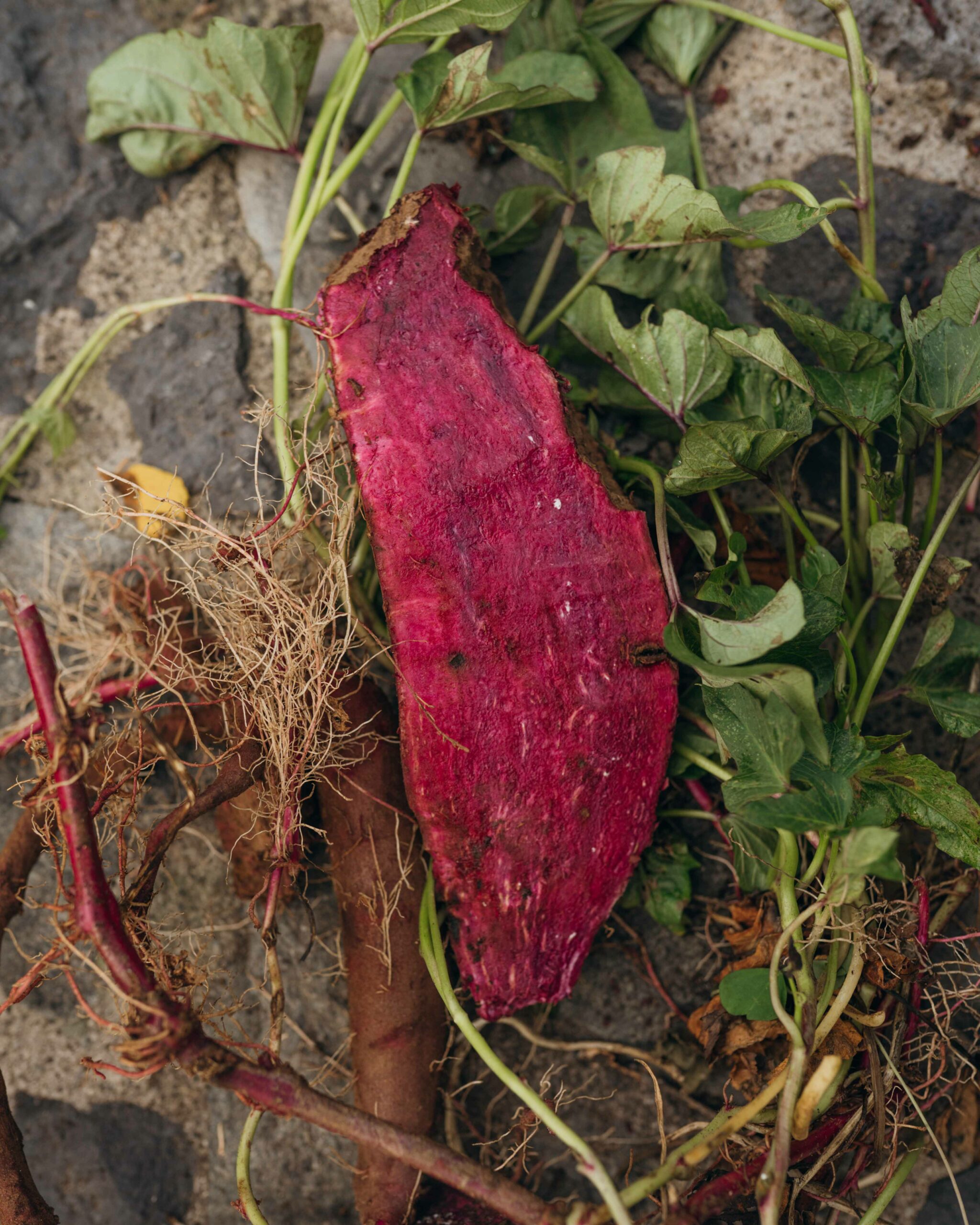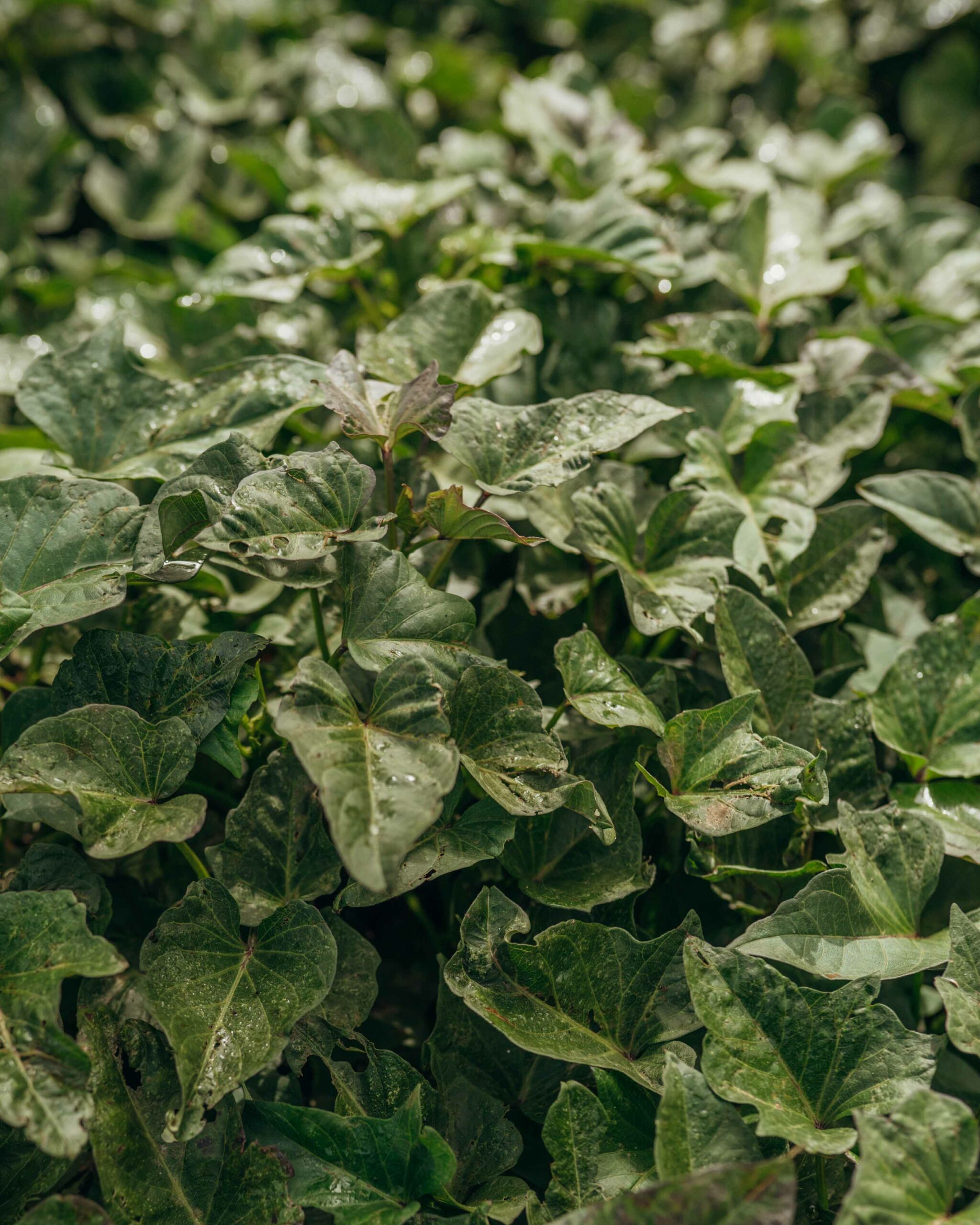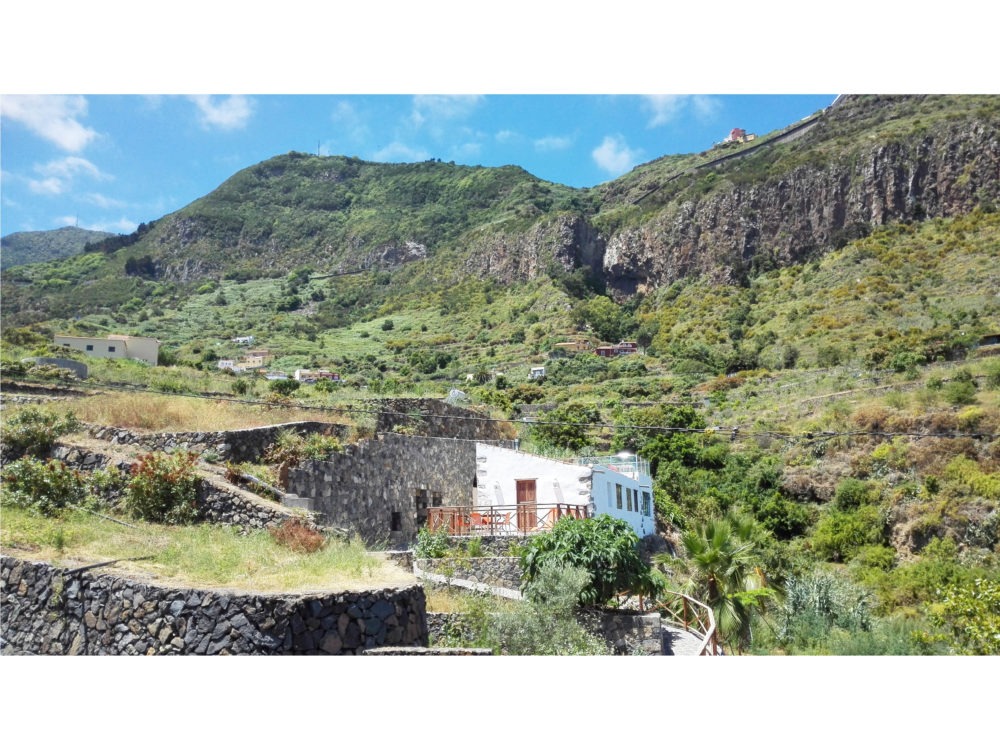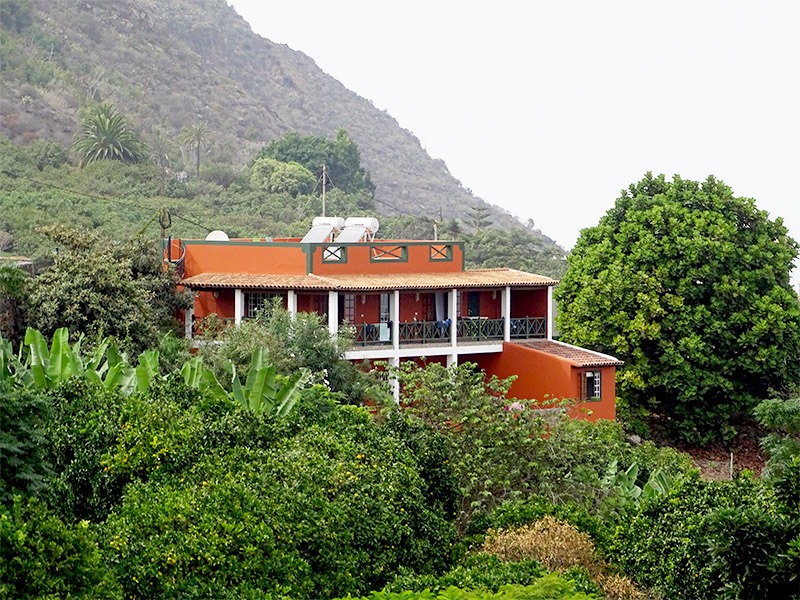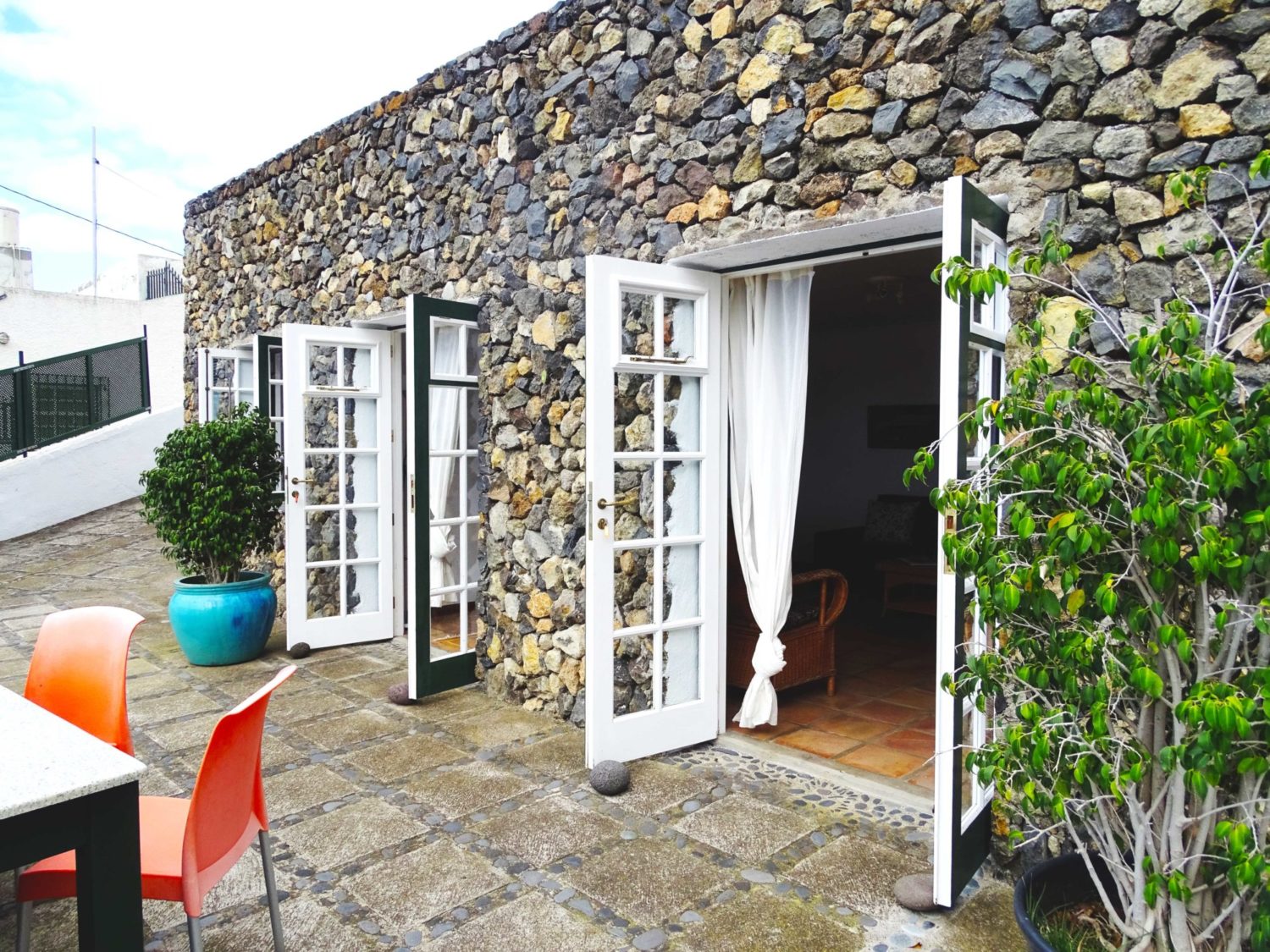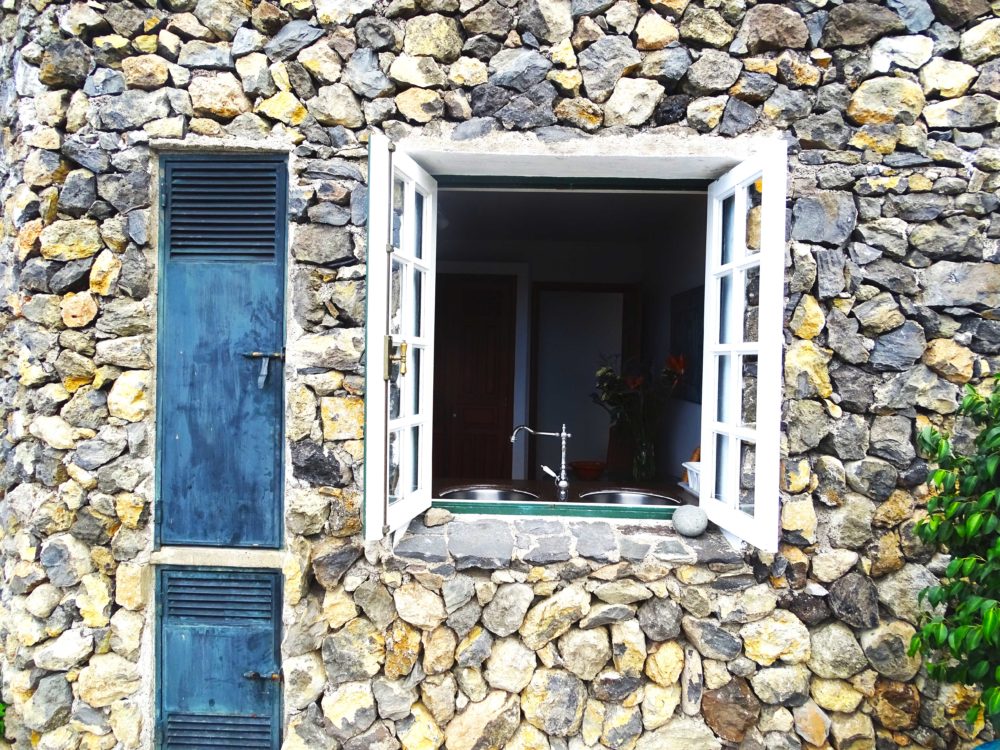Impomoea batatas
Süßkartoffel
Spanische Bezeichnung: Batata
Familie
Windengewächse (Convolvulaceae)
Verwendbare Teile
Knolle, (Blätter)
Hauptbestandteile
-
Mineralstoffe: Kalium, Zink, Mangan, Kupfer
-
Vitamine: Folsäure, B-Vitamine, E, Beta-Carotin (Provitamin A),
-
Sekündäre Pflanzenstoffe: Antioxidantien (Carotinoide, Anthocyane)
Ernte-Hinweise:
Die Knollen sind gegen Saisonende wenn die Blätter gelb werden, erntereif. Wenn die Blätter vergilben, enthalten die Knollen die meisten Inhaltsstoffe. Aber auch wenn Sie nicht den optimalen Erntezeitpunkt erreichen, sind die selbst geernteten Süßkartoffeln lecker und schmackhaft. Man kann diese dann ganz ähnlich wie Kartoffeln an einem trockenen Tag vorsichtig mithilfe einer Grabegabel aus der Erde holen.
Verwendung:
Kochen, Braten, Backen
-
z.B.: Aufläufe, Chips, Gebäck, Püree, Curries, Gnocchi, Suppe, Pommes
Die Süßkartoffel gilt als eine der gesündesten und nährstoffreichsten Gemüsesorten. Ursprünglich stammt sie aus den tropischen Gebieten Südamerikas. Bis heute ist die genaue Herkunft aber nicht bekannt. Im 16. Jahrhundert, bevor die Kartoffel England erreichte, wurden bereits Süßkartoffeln in Europa gehandelt. Das Kraut der Süßkartoffel wird in Afrika ähnlich wie Spinat zubereitet und oft als Beilage serviert.
Family
Convolvulaceae (Convolvulaceae)
Usable parts
Tuber, (leaves)
Main components
-
Minerals: potassium, zinc, manganese, copper
-
Vitamins: Folic acid, B vitamins, E, beta-carotene (provitamin A)
-
Secondary plant substances: antioxidants (carotenoids, anthocyanins)
Harvesting guideline:
The tubers are ready for harvesting towards the end of the season when the leaves turn yellow. When the leaves turn yellow, the tubers contain most of the ingredients. But even if you don’t reach the optimal harvest time, self-harvested sweet potatoes are delicious and tasty. You can then carefully pull them out of the ground on a dry day with the help of a digging fork, much like potatoes.
Use:
Cooking, roasting, baking
e.g.: Casseroles, crisps, pastries, puree, curries, gnocchi, soup, chips
The sweet potato is considered one of the healthiest and most nutritious vegetables. Originally, it comes from the tropical regions of South America. Until today, however, the exact origin is not known. In the 16th century, before the potato reached England, sweet potatoes were already traded in Europe. The herb of the sweet potato is prepared in Africa similar to spinach and is often served as a side dish.
Familia
Convolvuláceas (Convolvulaceae)
Partes utilizables
Tuber, (leaves)
Componentes principales
-
Minerales: potasio, zinc, manganeso, cobre
-
Vitaminas: Ácido fólico, vitaminas del grupo B, E, betacaroteno (provitamina A)
-
Sustancias vegetales secundarias: antioxidantes (carotenoides, antocianinas)
Guía de cosecha:
Los tubérculos están listos para la cosecha hacia el final de la temporada, cuando las hojas se vuelven amarillas. Cuando las hojas amarillean, los tubérculos contienen la mayor parte de los ingredientes. Pero aunque no llegues al momento óptimo de cosecha, los boniatos autocosechados son deliciosos y sabrosos. Puedes arrancarlos con cuidado de la tierra en un día seco con la ayuda de un tenedor de cavar, como si fueran patatas.
Uso:
Cocinar, asar, hornear
Ej: Guisos, patatas fritas, pasteles, puré, curry, ñoquis, sopa, patatas fri
La batata está considerada una de las verduras más sanas y nutritivas. Originariamente, procede de las regiones tropicales de Sudamérica. Sin embargo, hasta hoy se desconoce su origen exacto. En el siglo XVI, antes de que la patata llegara a Inglaterra, ya se comerciaba con boniatos en Europa. En África, la batata se prepara de forma similar a las espinacas y suele servirse como guarnición.
